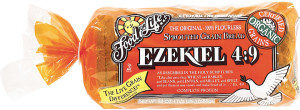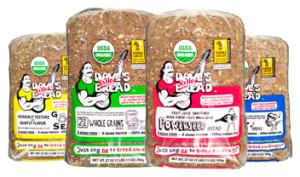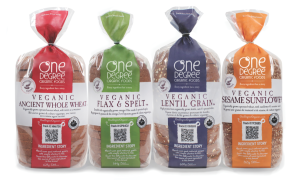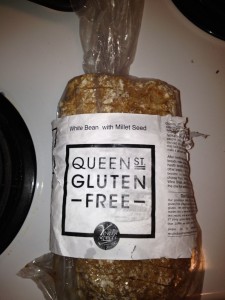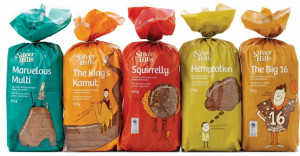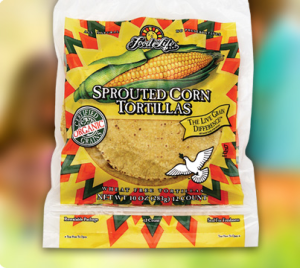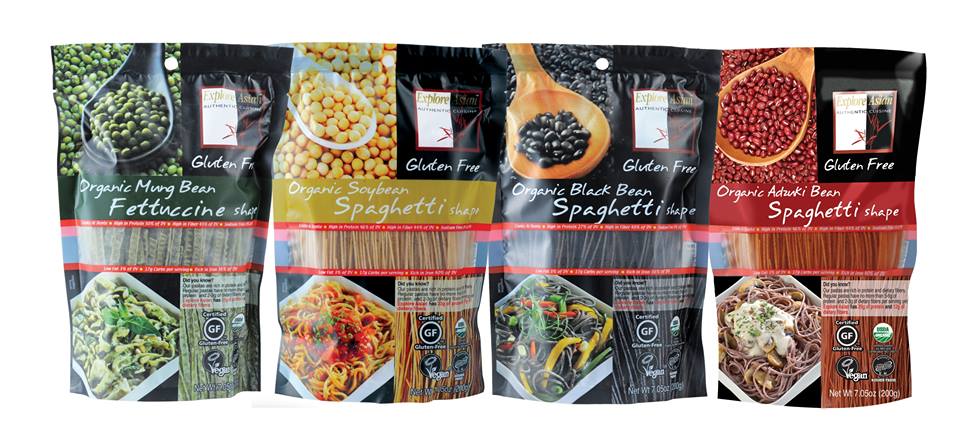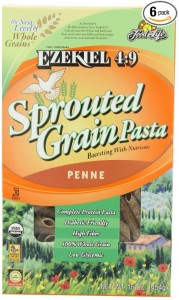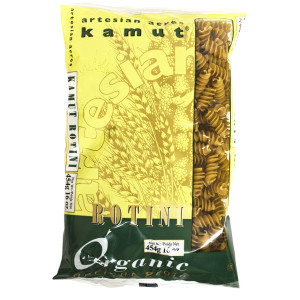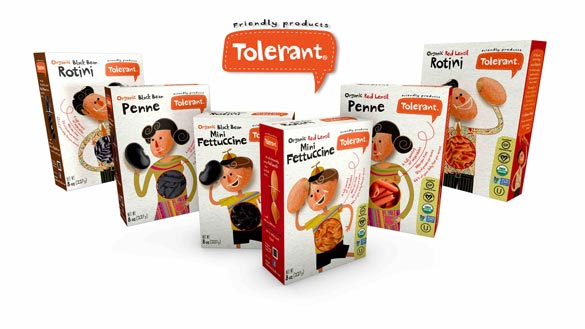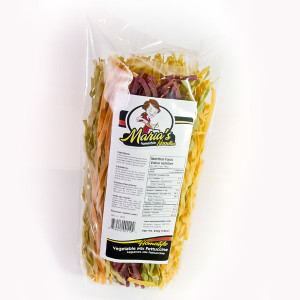School is almost here and a lot of moms are concerned about school lunches. Although making at home is the best option for the most part, there are a few good options on the market and I thought you’d appreciate a list of all the products that I use for my own kids and recommend to my clients. More and more grocery stores now carry these products (in particular Longo’s & Sobeys), if not, you can always find them at your local health food store. Buying in bulk online is a great option as well which can save you a lot of money.
Trusted Bread Brands
- Have no added sugar, dairy or soy (and if they do use soy it is GMO)
- Rich fiber and protein
- Nutrient dense
- Sprouted ancient grains for increases digestibility
- Rich in minerals
- Some brands have Gluten-free varieties which are great too!
Pita Breads, Tortillas & Wraps
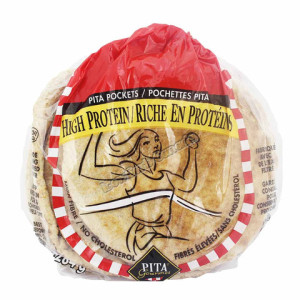
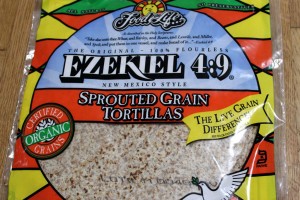
Cereals & Waffles
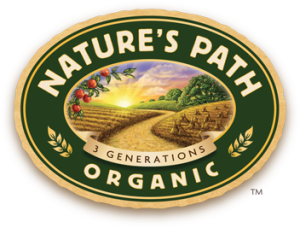
Nature’s path cereal is non-GMO & organic, contains omega 3 fatty acids, sweetened with fruit juice instead of sugar (in most cases) and is a good source of protein and iron.
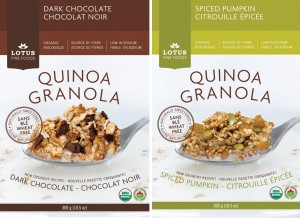
Lotus Fine Foods is a great company and their products are pretty clean and approved for kids.
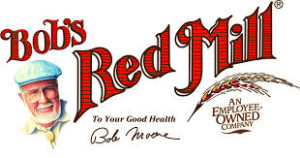
Bob’s Red Mill products are organic, whole-grain, non-GMO, great source of protein, fiber & iron. They don’t contain artificial flavours, preservatives or trans fats. Some of Bob’s products are wheat, dairy and nut free. Low sodium and nutrient dense.
Good Quality Pasta
Tip regarding cooking Maria’s noodles (from Erin Budd): The trick is not to boil it – boil the water, put in pasta, do not boil. Mix it a few times and just cook a few minutes. It makes a difference. Drain, and then add grass-fed butter and pink salt. Otherwise, if it boils/cooks too long it’s mushy and gross.
Canned Foods
5 best canned tuna brands (according to greenpeace.org)
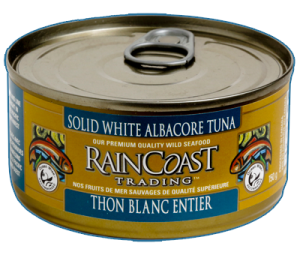
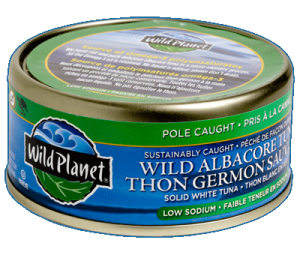
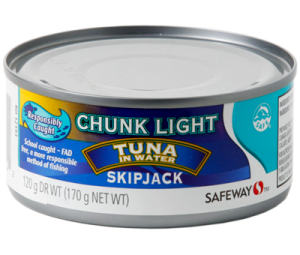
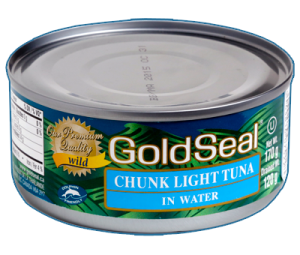
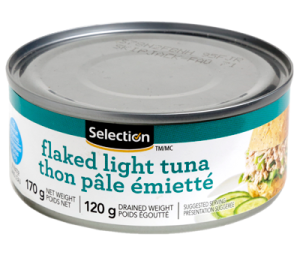
Beans
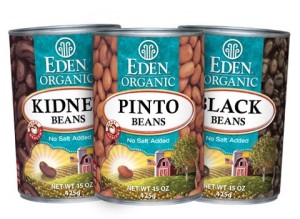
- I like the Eden brand because they use seaweed (kombu) to instead of salt to preserve their beans and their cans are free from BPA.
Tomato Sauces
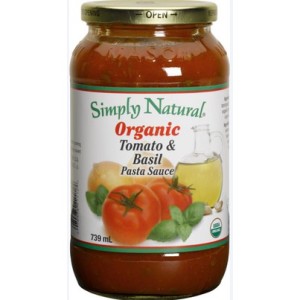
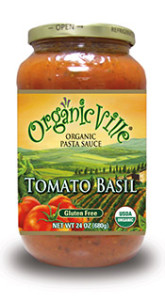
- simply toss this tomato over cooked pasta and serve! Super simple, easy and delicious!
Ketchup

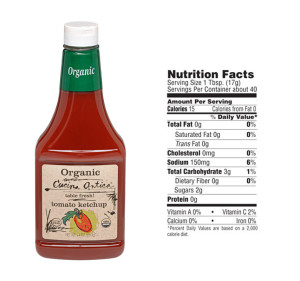
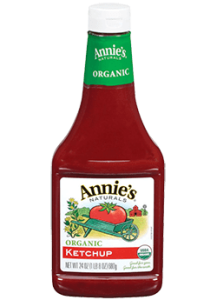
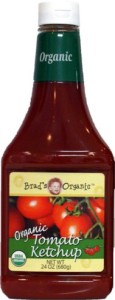
Mayonnaise
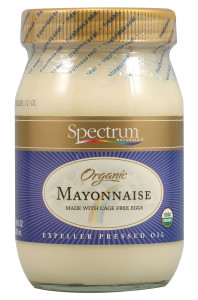
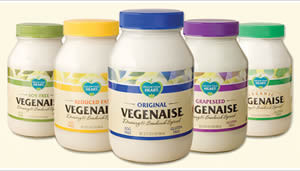
Dressing
Spreads & Dips
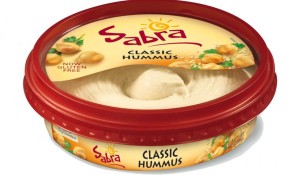
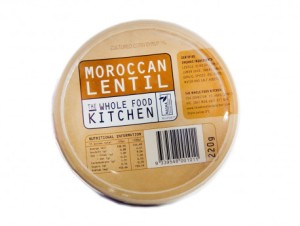
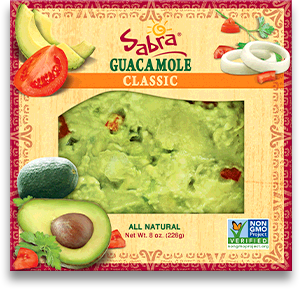
Dairy Products (buy only organic dairy)
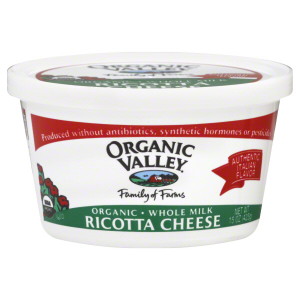
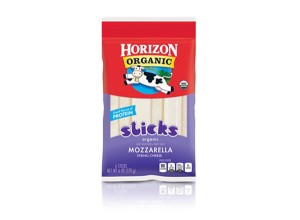
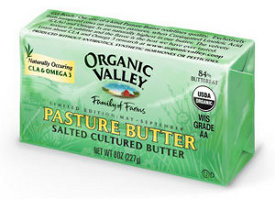
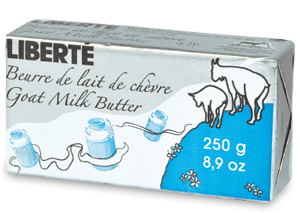
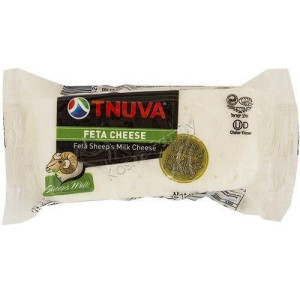
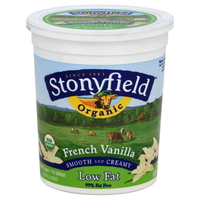
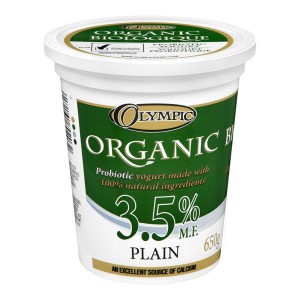
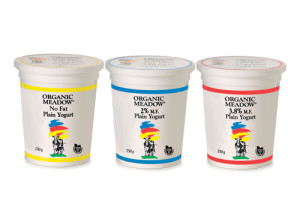
“Dairy Free” Beverages (buy only the ‘unsweetened’ kind)
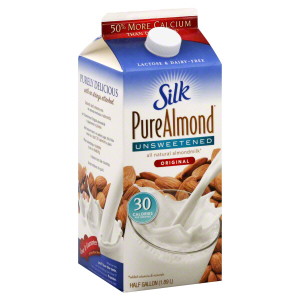
Eggs
These days, egg cartons are emblazoned with claims like “cage-free”, “free-run”, and “free-range”. And these choices matter. Tragically, over 90 per cent of Canada’s egg-laying hens are confined in “battery cages” — small wire cubes housing five to seven birds each, beaks cut (to control damage from pecking their cage mates), stacked row upon row upon row in large, windowless barns.
Let’s put the chickens before the eggs. Here’s a quick guide to navigating egg carton labels, from better to best choice (and don’t be fooled by misleading claims like omega rich or fed vegetarian feed):
Cage-free eggs
“Cage-free” means hens are not confined to battery cages, but that’s about it. They don’t have access to the outdoors, and there are no assurances about what they are fed or what kinds of medications they are given. You might see this claim on all three types of non-battery cage production eggs — free-run, free-range and organic.
Certification: none
Free-run eggs
“Free-run” means chickens can move around in open concept barns, but they don’t necessarily have access to the great outdoors and overcrowding may still be an issue.
Certification: none
Free-range eggs
“Free-range” means hens see the light of day (depending on the weather) and their feet actually come in contact with the earth.
Certification: none
Organic eggs — your best choice!
Hens that produce certified organic eggs benefit from the highest welfare standards. For example, the SPCA Certified label (PDF file of Recommended Labels) assures eggs come from farms that have passed their animal welfare standards. Certified organic labels often require the use of organic feed without growth hormones or antibiotics, too.
Certification: numerous third-party labels like, B.C. Certified Organic (see their full list of certified farms), Canada Organic, Quality Assurance International, and USDA Organic.
Source: http://davidsuzuki.org/blogs/queen-of-green/2011/03/choose-eggs-from-happy-chickens/
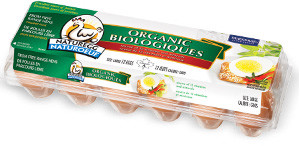
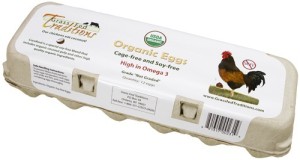
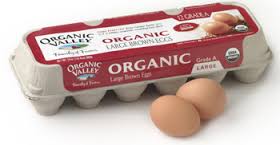
Red Meats & Poultry – Trusted Brands (Antibiotic & Hormone Free)
- organic & grass-fed options
- if you can’t do organic, buy Kosher meat (it is raised conventionally but slaughtered in a compassionate and humane manner which is very respectful to the animal. This means that less adrenaline is present in the meat which is much healthier for you).
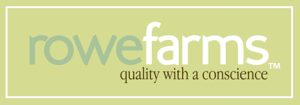
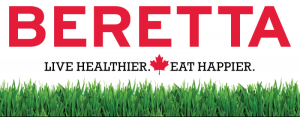
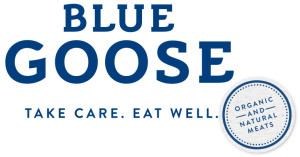
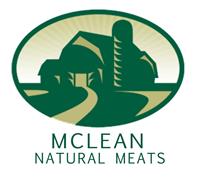
Nut & Seed Butters
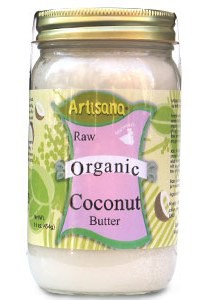
Coconut butter is a good source of iron and loaded with antioxidants. It is raw, vegan, organic and non-GMO. It is a great nut butter alternative for baking.
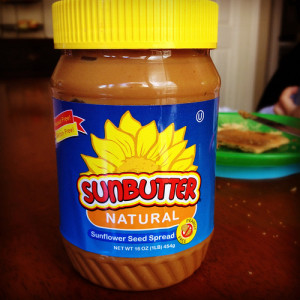 This is a great option for kids who like peanut butter but cannot take it to school. It is also a great source of magnesium and is loaded with good fats.
This is a great option for kids who like peanut butter but cannot take it to school. It is also a great source of magnesium and is loaded with good fats.
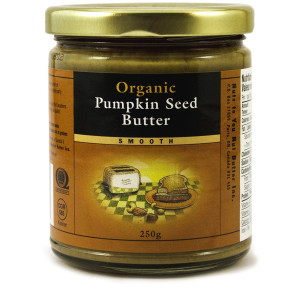
Another great alternative to peanut butter. It is a source of zinc, omega 3’s and magnesium.
Chocolate Spread
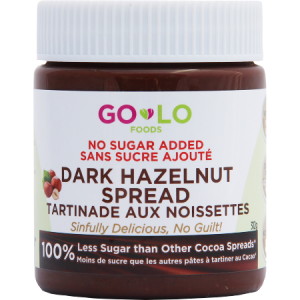
Good Quality Oils
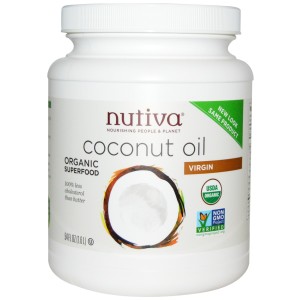

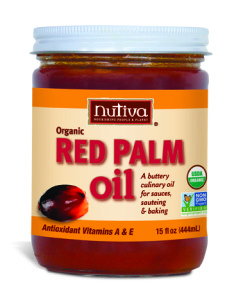
Good Quality Fruit Jams
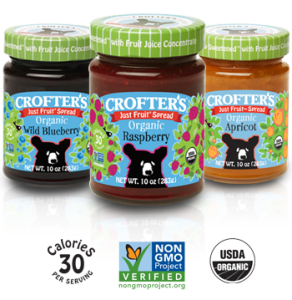
Whole-Food Sweetens
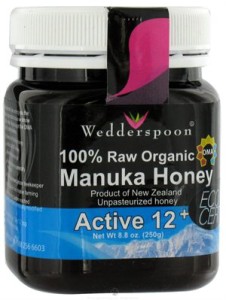
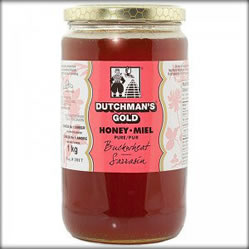
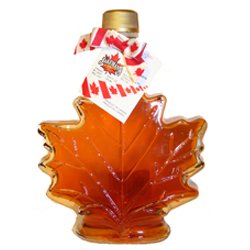
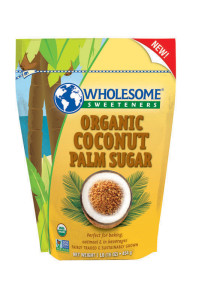
Snacks
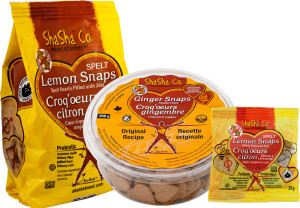
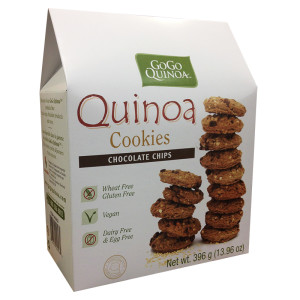
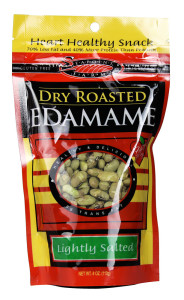
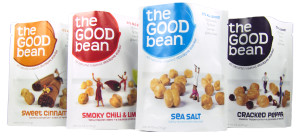
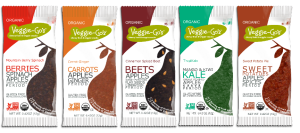
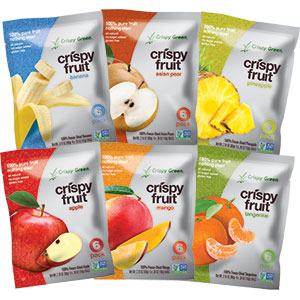
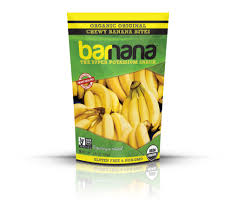
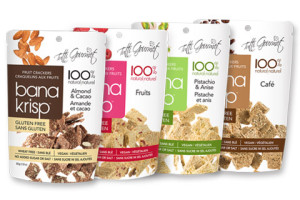
Baked Goods
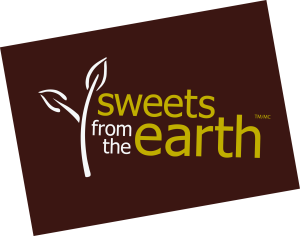
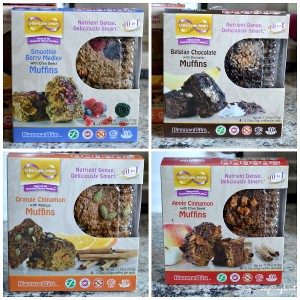
Low Sodium Crackers
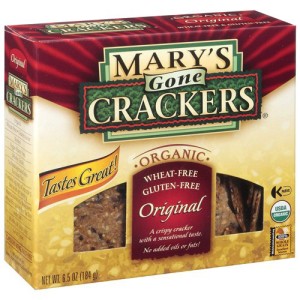
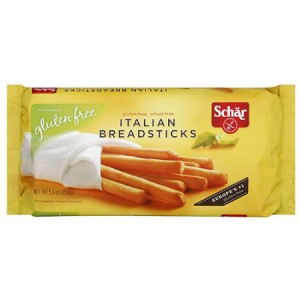
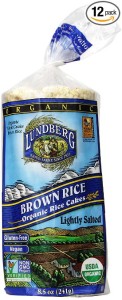
Nut-Free Bars
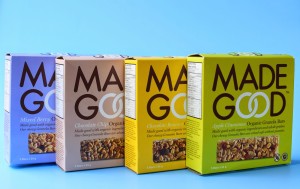
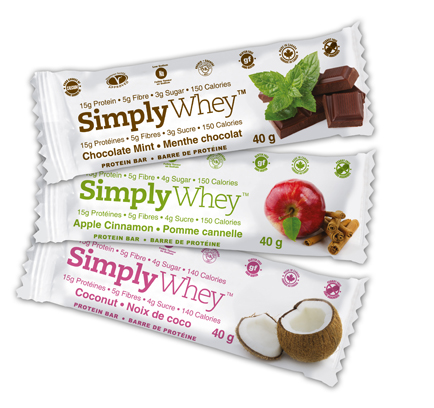
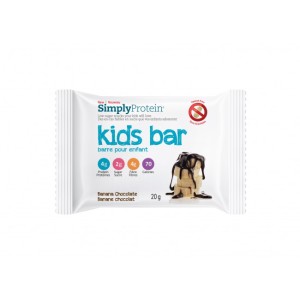
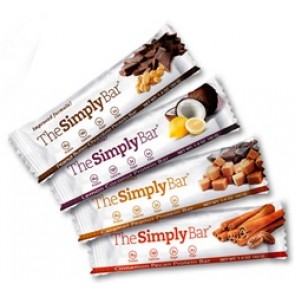
Chips
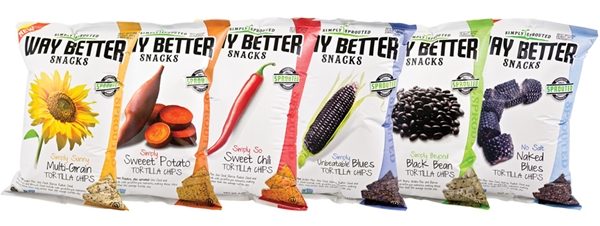
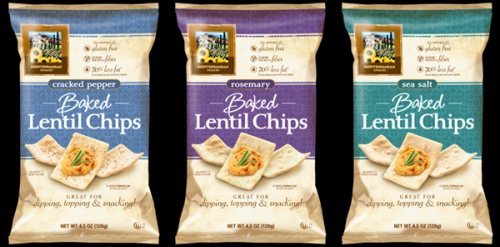
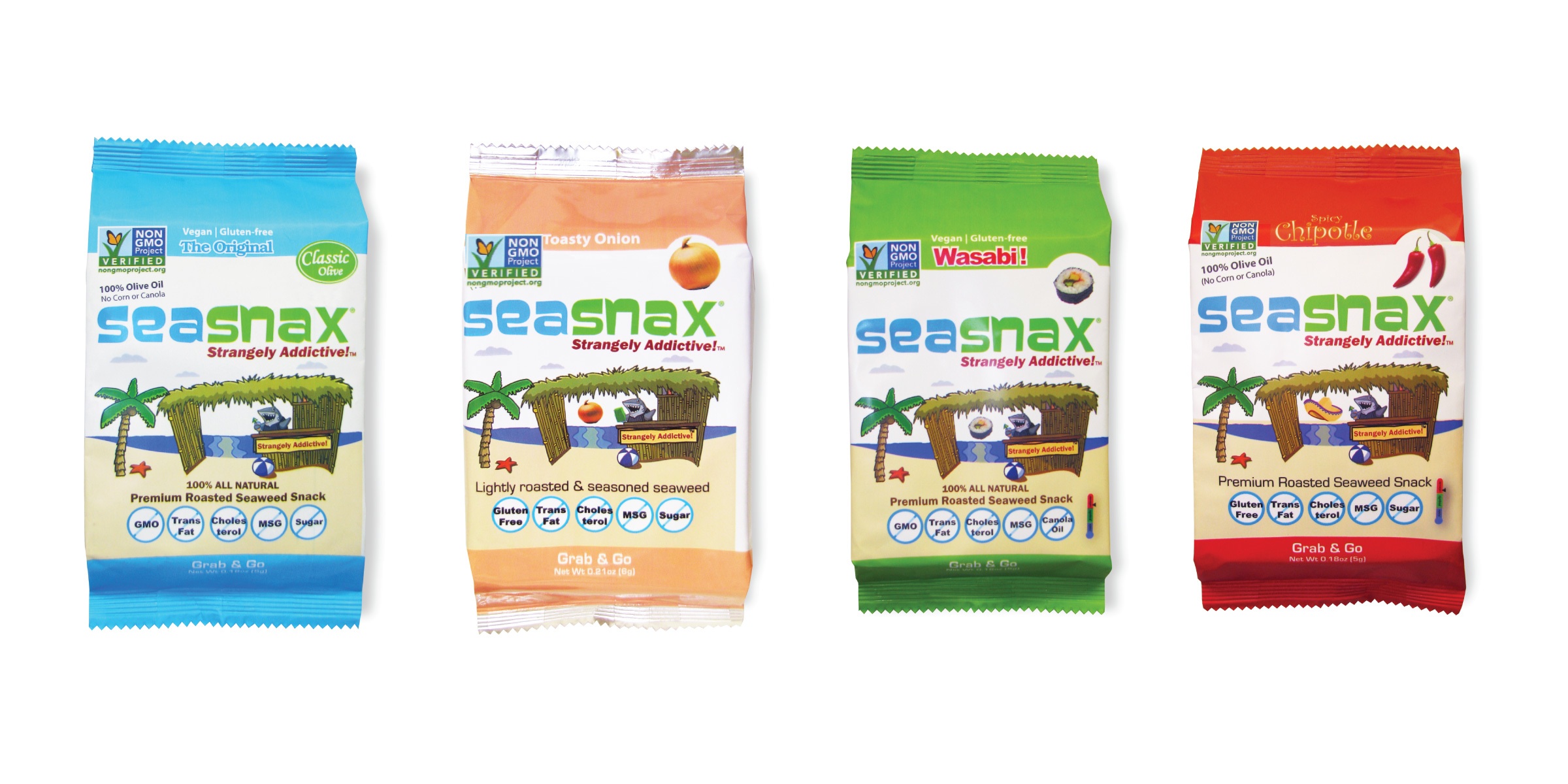
There are tons of other clean and good quality products on the market right now, so please keep that in mind. The list above is comprised of products I personally use in my home and should be enough to get you started.
I would love to hear from you!
Which products do you use at home? Are there any other clean foods that you can recommend for families? Do you have any other ideas for snacks or healthy school lunches? Please share your ideas in the comments section below.
